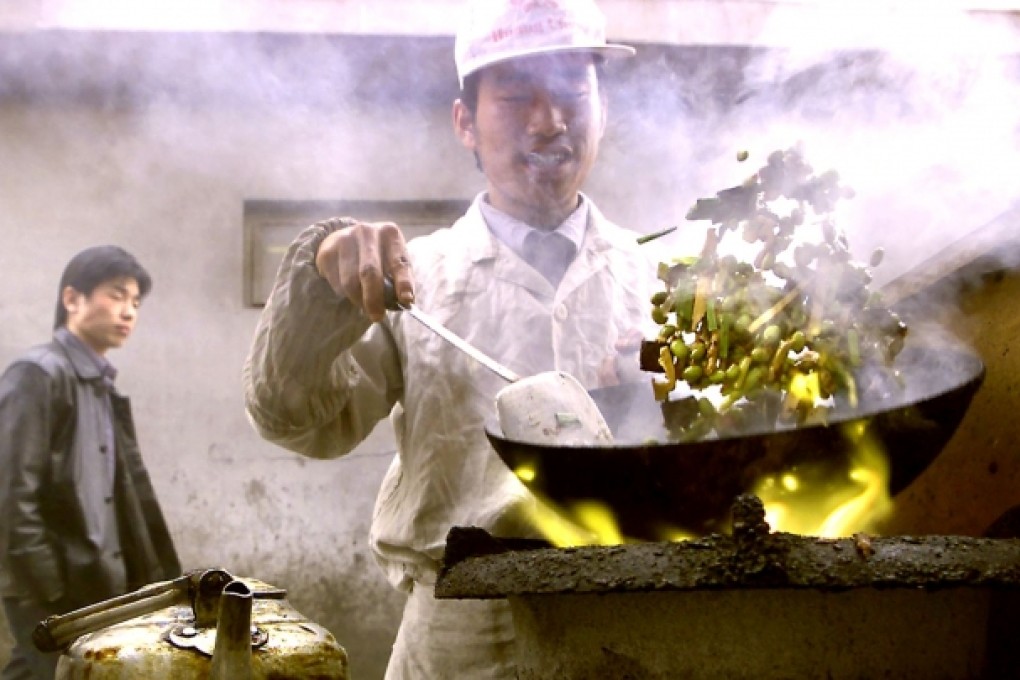
Kunming, the capital city of China’s Yunnan province, is having problems dealing with recycled cooking oil – often derisively referred to as “gutter oil”. City municipal officials told the Chinese media that the problems with “gutter oil” have existed for centuries.
His comments attracted widespread condemnation from internet users. Some accused city authorities of shirking their responsibilities over the issue.
The use of illegal cooking oil - recycled from waste oil - is rampant in China. And because waste oil contains harmful carcinogens and other pollutants, mainland authorities have been determined to crack down on it for years.
Kunming has a national pilot scheme which converts recycled cooking oil into bio-fuels for vehicles. But the scheme is not working very well, the media also reports.
One reason is inadequate regulations in Kunming governing the use of waste oil. Three quarters of local bio-fuel manufacturers stopped production last year following a shortage of supply, the daily reported.
Lu Bo, the owner of one of the largest bio-energy companies in Yunnan, said there was now a shortage of cooking oil because city authorities had not issued firms with the appropriate franchise rights. Without these, companies cannot take used cooking oil directly from restaurants. Consequently, manufacturers have been forced to purchase it from private collectors.